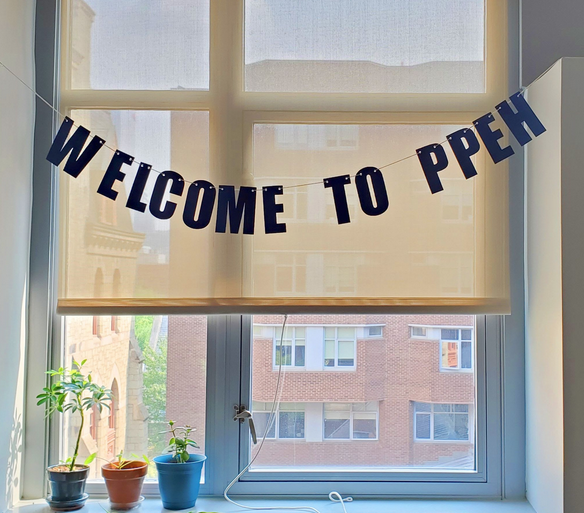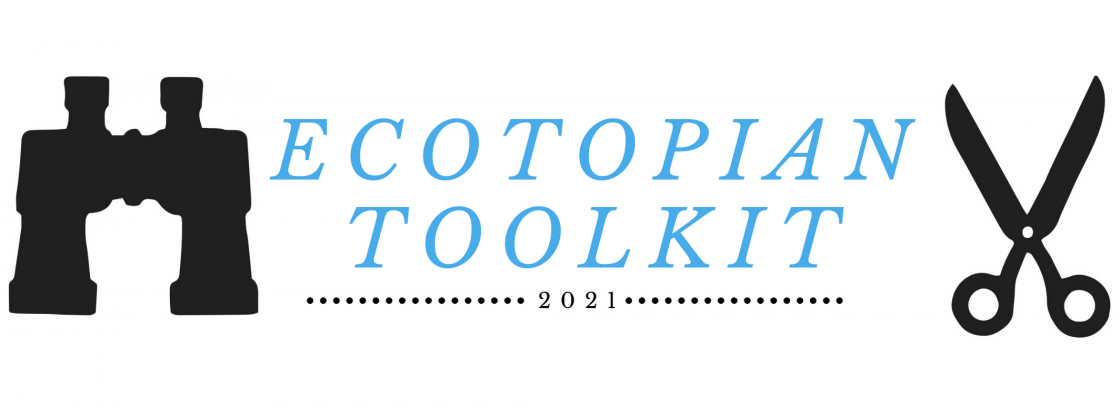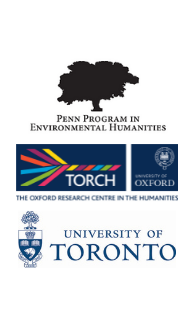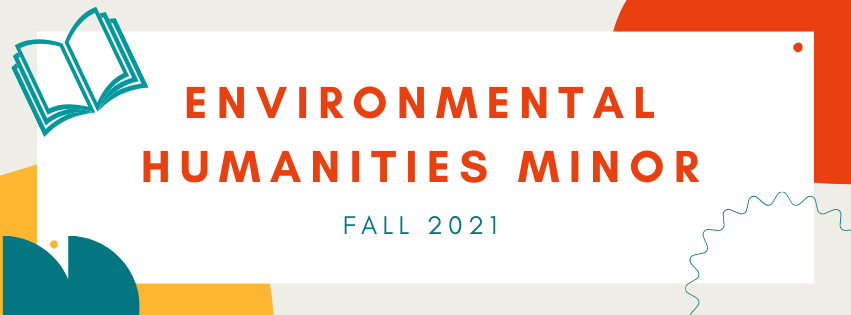PPEH Fall 2021: Welcome back!
September 21, 2021

Dear Friends,
The PPEH offices are inhabited again! The Williams Hall mice are ecstatic. Whether we see you on campus or on screen, we’re delighted to share this fall’s line up of public research and programs in the environmental humanities in Penn and in and around Philadelphia.
Please feel free to share our events and poster widely. Almost all our programs are free and public.
Our Working Wednesdays series, designed to showcase in-progress community-based participatory research (CBPR) straddling theoretical and practical environmental concerns, begins with presentations from PPEH Dissertation Completion Fellow Pooja Nayak and PPEH Postdoctoral Fellow Nandita Badami. Later in the semester, we are also very pleased to welcome special guests--including Roy Scranton, Linda Tuhiwai Smith, and Kim Ruffin--to explore climate storytelling, failures of climate communications, and what it takes to build and sustain a just environmental humanities program.
Climate Week at Penn is happening now and the line-up looks great. On Monday night at 8p eastern, we screened My Climate Story, accompanied by a conversation between me, Bethany, the climate storytelling project lead, and Professor of Architecture, Bill Braham, and President of Penn’s Faculty Senate, followed by a Q+A. And, don’t miss Artist Amy Balkin on Thursday at 5 for a conversation about art for a post-carbon world and the need for memorials to life lost to fossil fuels.
There’s a ton going on at ppehlab.org this year. Read on for more about new collaborations and opportunities and get project updates. As always, we'd love to hear from you at director@ppehlab.org!
Sending you the very best wishes,
Bethany

My Philadelphia Climate Story
We are pleased that a Making a Difference in Global Communities grant will allow PPEH to support Philadelphia area teachers both materially and academically in the co-creation of a climate literacy curriculum with a focus on storytelling and story sharing. This two-year project kicks off this fall and will develop ten climate classrooms in public schools across the Philadelphia region. My Philadelphia Climate Story invites students and teachers to represent and respond to local climate impacts through workshops, curriculum building, experiential learning, and multimedia storytelling. If you are an educator who is interested in this climate classroom experience, please see our Call for Teachers. Share widely! Also, we will soon be issuing opportunities for Graduate and Undergraduate student climate storytellers and coordinators. To learn more and get involved, email us at director@ppehlab.org!

Ecotopian Toolkit
In October, PPEH and Independence Seaport Museum are embarking on a journey on and along the Delaware River to envision and realize tools to foster water justice. In this iteration of our Ecotopian Toolkit, we continue to explore a longer history of the anthropocene as we struggle to comprehend and address our contemporary moment. Might a utopian approach to global warming and social justice help us equitably navigate warmer, rising waters and build forms of refuge? What tools can STEAM (Science, Technology, Engineering, Arts, and Math) educators in universities, museums, and nonprofits design and develop via the history of utopia and its hope for better futures?
PPEH will support a cohort of human toolmakers to explore contemporary ecological challenges with critically attuned and creatively oriented tools, co-curate an exhibit at the museum, and develop public programs with the Museum’s River Ambassador program.

Announcing a New Partnership: OPT IDC
This fall marks the beginning of an international doctoral cluster in the Environmental Humanities by faculty and graduate students at Oxford University, Toronto, and Penn. We’ll start with a year-long series of remote lectures and workshops. The cluster is animated by pressing issues surrounding the relationship of institutional regimes and their logics of power to environmental injustice--of which the recent censure of the University of Toronto is only the most recent marker in a long global history. Together, we aim to build a forum to imagine and design what comes next. Presenters--including Linda T. Smith, Kim Ruffin, Justin Hosbey (and others tba)--will respond to these urgent questions:
-
If environmental humanities attend to the histories and practices that have severed thought from place, cleaving culture from nature, how might this collaborative cluster for training future leaders in environmental humanities support practices that institute better relations?
-
How might we bring critical university studies into fresh dialogue with discourses of environment and ecology?
-
How can we engage with communities to work toward environmental justice in our local and connected spaces?
-
How can this seminar series, and more broadly, a research cluster hosted by three colonial institutions, do meaningful restorative and anti-colonial work?

It’s not easy to launch a minor amidst pandemic, but let’s do this. The Environmental Humanities minor is now open to students in the College. Students in the minor integrate environmental knowledge across disciplines and in courses across the natural and social sciences and the humanities. Two courses are required: a “touchstone” course on transdisciplinary environmental humanities and a capstone seminar on the environmental and public humanities. Be in touch if you are:
- a student interested in the minor (you may have a few requirements already fulfilled!)
- a professor who would like your current or upcoming courses added to our approved list
- or a student group who would like a short presentation of the program for your members
Drop us a line at director@ppehlab.org!
